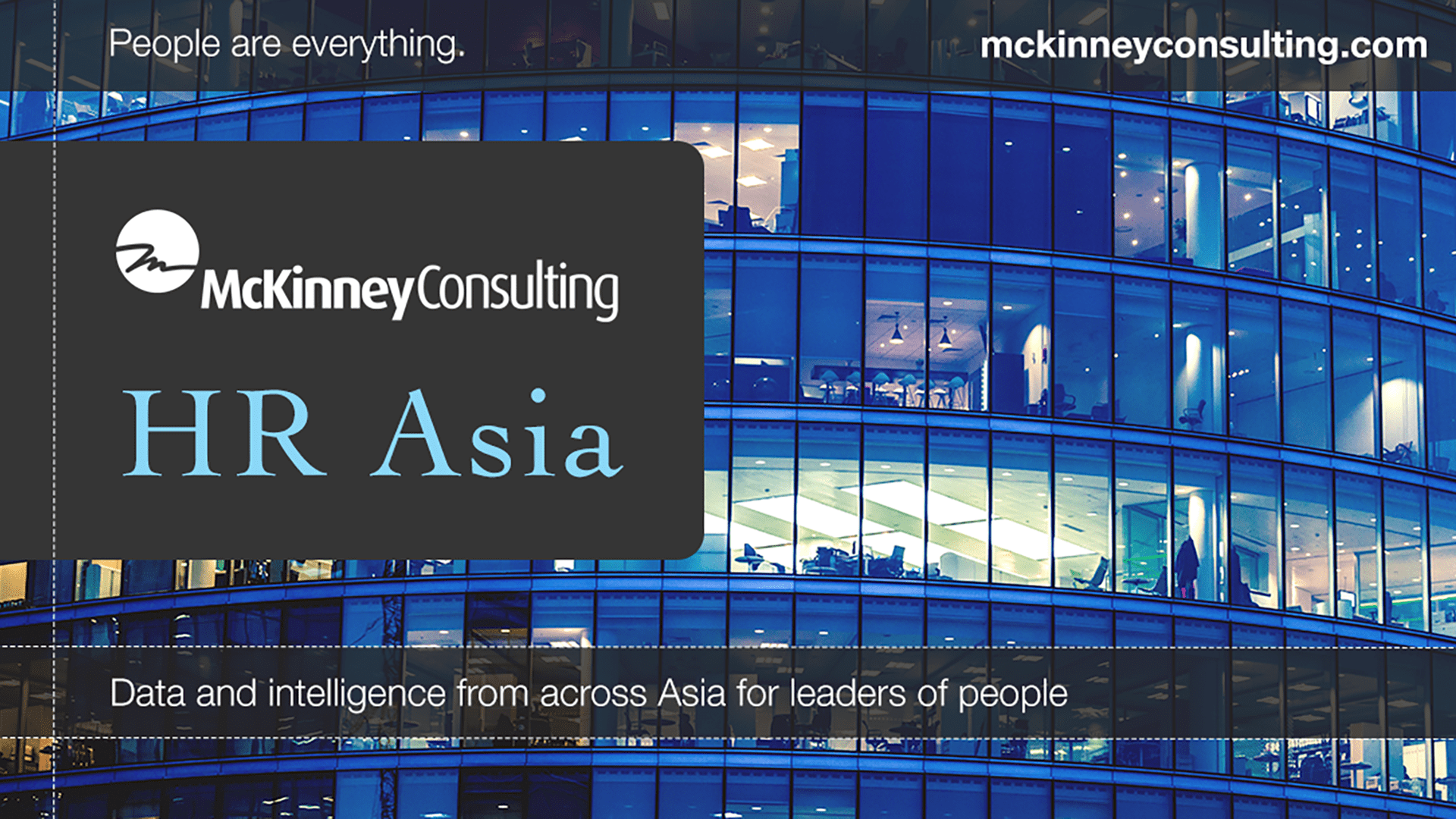
Last week, there was a tragic stabbing incident in South Korea. A man crashed his car onto the sidewalk outside a busy shopping mall and then began slashing at people with a knife, injuring at least 14 individuals. The suspect was detained by police. Some of the victims are in critical condition, and an investigation is ongoing.
That was the incident, itself. There will, no doubt, be extensive repercussions throughout society—as there almost always are—related to safety and security, because the trauma caused by these incidents is never contained to the incident itself. People internalize their own lessons.
While the incident is undeniably traumatic for those who were there, it could potentially be traumatic even for those who were not there. Besides participating vicariously, many of the reactions and repercussions (such as a more visible police and security presence) make the incident very real for many more people. What was isolated becomes widespread. What was an event with limited scope becomes a mass participation event. The victims of the original crime suffered at the scene and beyond. Everyone else will suffer from the ripple effects.
Do those ripples reach even into the workplace? Absolutely.
The workplace is a part of society and, for many, second only to the government as a source of authority and guidance. When the government mandates action, companies are obligated to respond. Beyond governmental regulations, companies are often expected to implement their own measures in the absence of certain government mandates or in furtherance of existing ones.
For better or worse, people look to their place of work for leadership beyond profit and loss. Companies are, like government, an institution in people’s lives—a part of societal DNA. Companies can, therefore, create trust or destroy it.
The easiest way to create trust is to listen. To that end, companies should be having continual conversations with their people.
An incident such as this one lives and reverberates in many modes. It crosses many boundaries.
The act itself (what it was, what it wasn’t)
Causes (what are the origins of hate and violence? How does this happen?)
Online rumors (what information is real?)
Potential threats (real and imagined),
Vulnerabilities (real and imagined),
Self-definitions (Am I a potential target?)
Reactions (Valid and invalid, how am I supposed to feel?)
Incoming Regulations
Changes to perceptions of work, consumption, and meaning.
No one can say exactly what conversations companies should be having with their personnel, as that is unique to each organization and team. The important thing is to determine what conversations your people ‘want’ to have right now. That’s the listening part.
These conversations can lead to a better understanding of issues far beyond safety and security. They can lead to changes in policy, working conditions, safety measures, security posture, and work processes, among other things. They can lead to a more comfortable, more secure workforce, which never hurts the bottom line.
Perhaps most importantly, they can lead to a perception in the workforce that the company cares enough to listen. That’s not small.
This piece was the introduction to today’s HR Korea report, published each morning (Monday through Thursday) by McKinney Consulting in cooperation with Erudite Risk. The HR Korea report covers news, social media, government press and data releases, business association releases, foreign embassy releases, and more.
If you’d like to try the HR Korea report free for one week, with no obligation, just send me a direct message. I’d be happy to add you to the mailing list.
Subscribe to this newsletter here
Article originally published in Steve's LinkedIn Newsletter HR Asia August 7, 2023